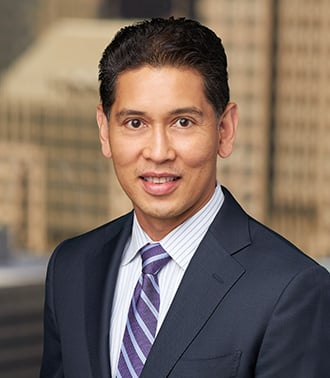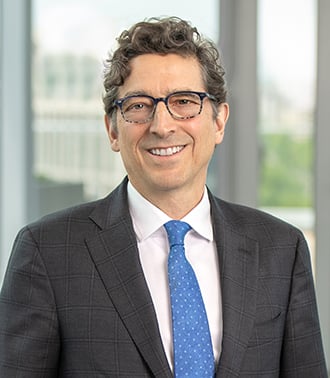October 27, 2021
Antitrust Enforcement Panel Hashes Out Current Priorities and Recent Changes to Antitrust Division Policies
Enforcement Edge: Shining Light on Government Enforcement
Here in sunny Miami, Arnold & Porter partner Andre Geverola led a panel this morning on the evolving world of antitrust enforcement. We were lucky to hear from Acting Assistant Attorney General Richard Powers, who laid out some of the Department of Justice Antitrust Division’s current priorities, as well as to hear insights from private practitioners Heather Nyong’o and Brent Snyder.
Here’s a few takeaways:
- The Antitrust Division currently has a historically high number of criminal cases in litigation. Several of the pending cases involve alleged labor market conspiracies, which have led to some interesting constitutional challenges to the Sherman Act. The Division in recent years also has been bringing more challenging cases, at times without having the benefit of cooperators who admitted guilt to the charged offense. We’ll be watching closely to see how those cases turn out. Stay tuned.
- The panel also discussed the drop in international cartel matters in recent years. Panelists noted how the increased threat of civil liability in the United States, coupled with the big uptick in enforcement regimes across the globe, has led companies to think twice before walking into DOJ and asking for leniency. Heather Nyong’o suggested one possible interesting fix—she suggested that leniency applicants should be immunized from civil liability, as they already are from criminal liability.
- The panel discussed the Division’s 2019 compliance policy announcement and the trend toward more closely aligning Division practices with those of other DOJ components. Brent Snyder observed that only time will tell whether this shift will lead to more effective antitrust enforcement, as some unique aspects of the Division’s practice may have been appropriately tailored to issues specific to investigating and prosecuting antitrust offenses.
- Finally, Snyder predicted that the incoming AAG for the Antitrust Division will continue aggressive criminal enforcement, including in labor markets. The panel discussed the potential for criminal enforcement in the tech industry, and Nyong’o was quick to note that it’s a bit difficult to see a Section 1 criminal cartel case in these markets. Don’t get too comfortable, though. Acting AAG Powers retorted that Section 2 of the Sherman Act—which outlaws monopolization as well as attempts to monopolize—provides for criminal penalties as well, and although he of course refrained from discussing any specific matters or industries, he said the Division would apply the laws as written. Take that as fair warning.
For questions about criminal antitrust issues or antitrust compliance, please reach out to the authors or any of their colleagues in Arnold & Porter’s Antitrust/Competition or White Collar Defense & Investigations practice groups.


